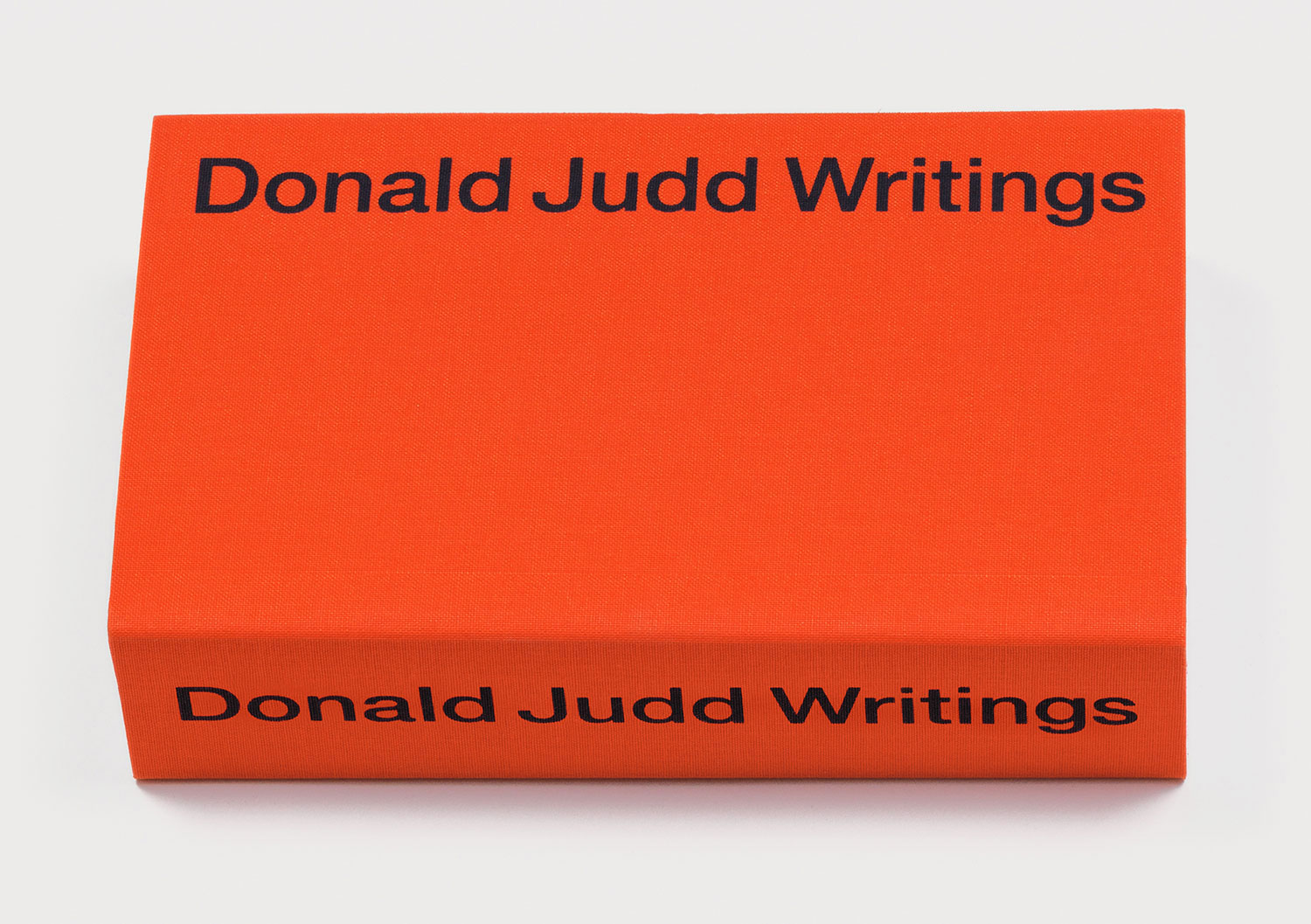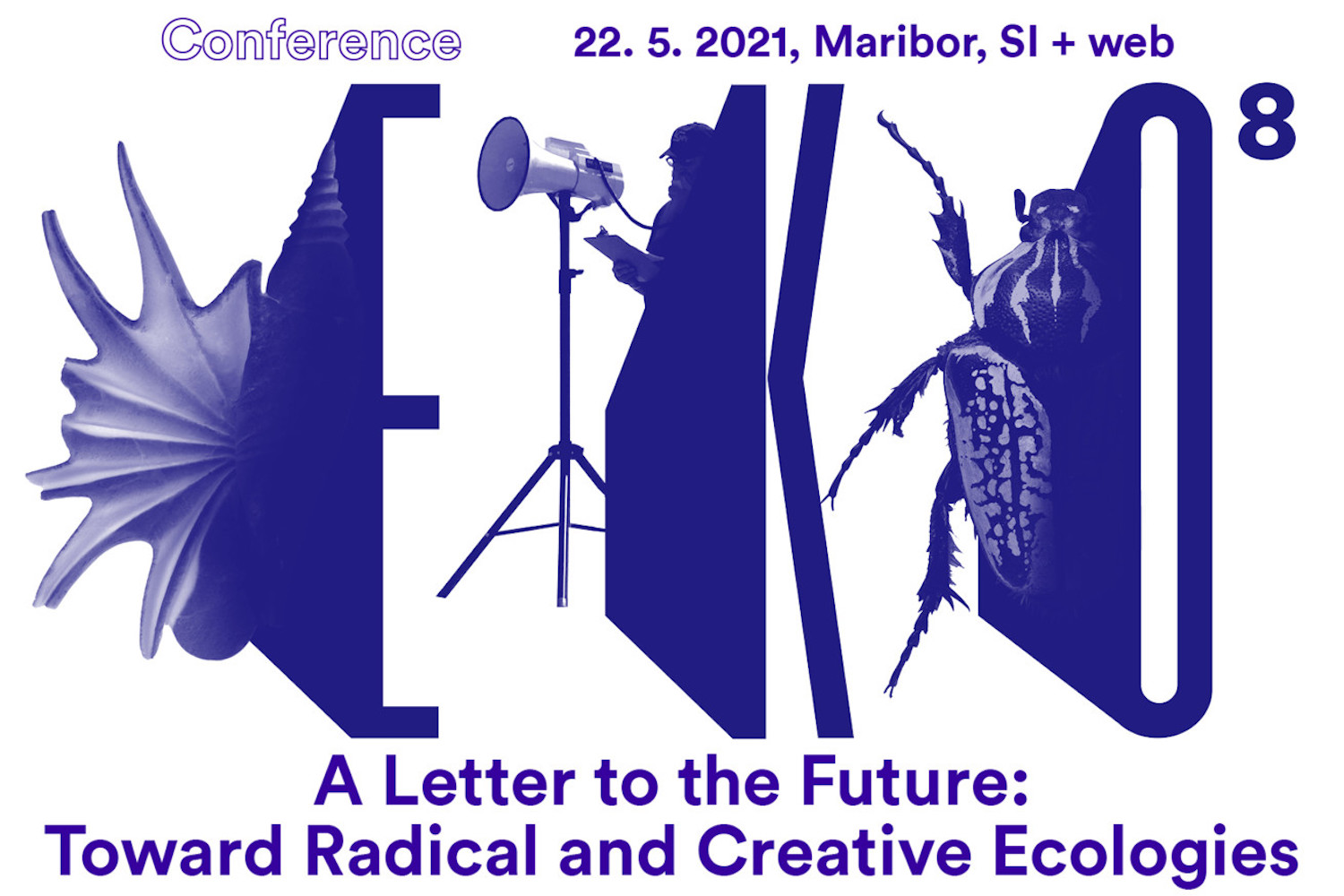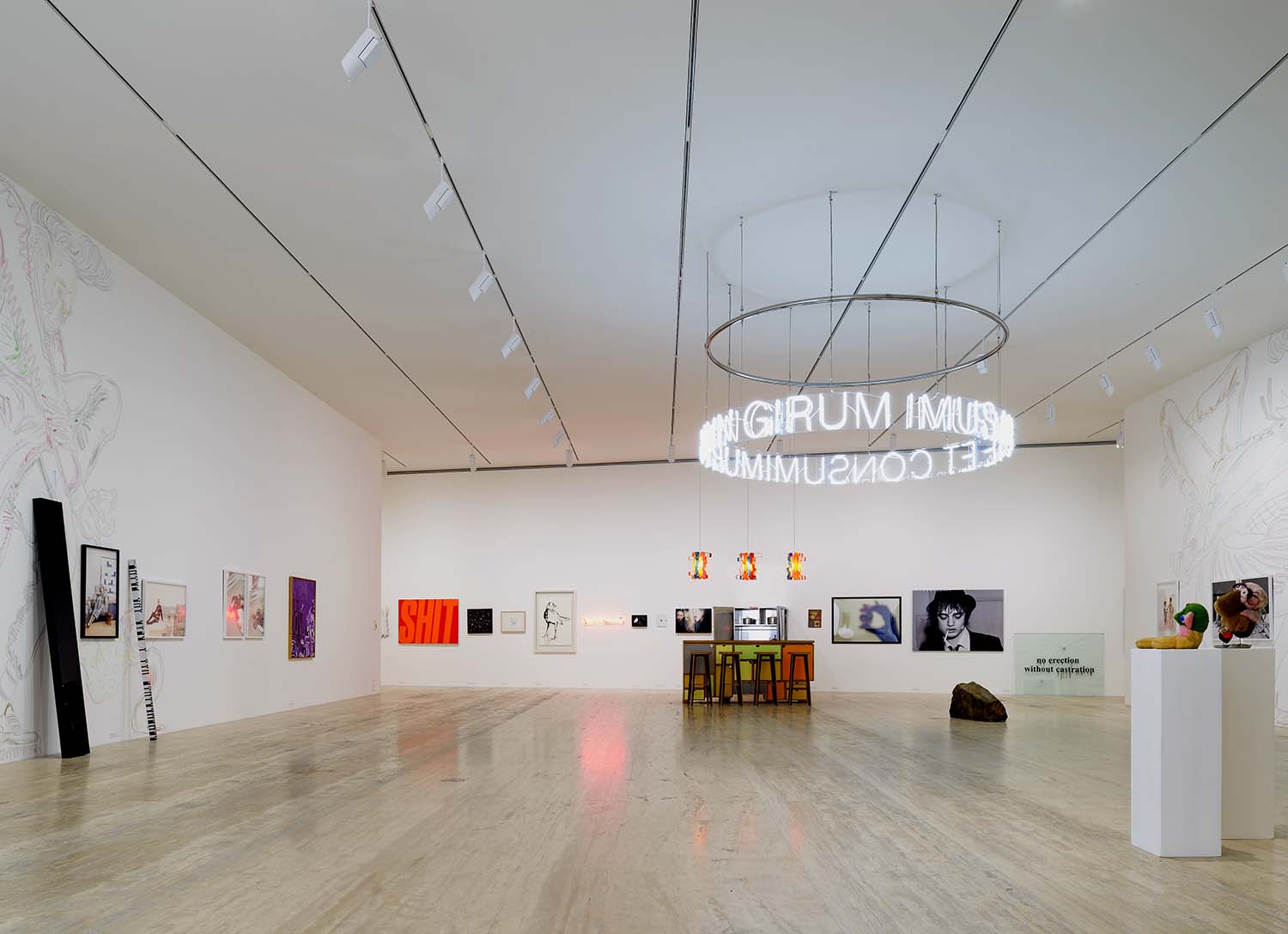A monthly review of global art news from an admittedly fallible viewpoint.
Rosalind Nashashibi, Dahiet Al Bareed, District of the Post Office, 2002. Video excerpt. Courtesy of the artist.
Kara Walker, Nan Goldin, and Mona Hatoum recently pledged solidarity with Palestine, calling for a cultural boycott of Israel and the end to apartheid. A letter drafted by an anonymous collective of six Palestinian artists has been signed by 17,000+ supporters, including prominent artists, writers, and academics from Palestine and around the world. “We ask governments to cut trade and cultural relations. We call on activists and our peers in the arts to exercise agency within their institutions to support the Palestinian struggle for decolonization,” the petition reads. Signatories include Elia Suleiman, Bella Hadid, Naomi Klein, Angela Davis, Paul B. Preciado, and Saidiya Hartman.
Catastrophe: Enduring Nakba
The call to action comes after Israeli forces carried out an armed raid on worshippers attending night prayers at Al-Aqsa Mosque in the holy month of Ramadan, sparking renewed violence. On May 20, a ceasefire was agreed in Gaza after an eleven-day Israeli assault killed at least 232 Palestinians, including more than 60 children. As Asia Khatun argued in Jacobin, traditional liberal media represented events as a “conflict” between two sides of equivalent military power, with equal losses on both sides, whitewashing Israeli settler colonialism and the state’s systematic dispossession of Palestinian land. As BBC diplomatic correspondent Paul Adams commented, May’s events followed a familiar pattern: “Israel presses home its undoubted military advantage until the international outcry over civilian casualties […] demand that the operation end.” Demonstrating the point, after the peace agreement, Israeli forces arrested more than five hundred Palestinian activists. On June 15, a rally approved by the new government saw far-right Israeli nationalists march through the Palestinian quarter of Jerusalem, chanting “Death to Arabs.” The following day, in the early hours of the morning, the IDF carried out air strikes on Gaza. The Nakba (catastrophe), the Arabic name for the violent displacement of Palestinian people in 1948, is an enduring Palestinian experience, and the Boycott, Divestment, Sanctions movement comes out the need for a sustained, coordinated international response.
Boycott, Divestment, Sanctions
Inspired by the South African struggle against apartheid, BDS is a global movement for Palestinian freedom, justice, and equality. As well as state sanctions and corporate divestment, the movement calls for the boycott of Israeli and Israeli-sponsored sporting, cultural, and academic institutions complicit with violations of Palestinian human rights. Archbishop Desmond Tutu, a leading opponent of South Africa’s regime of racial segregation, urged people in cultural industries today to support the movement: “Please do what artists did in South Africa’s era of oppression: stay away, until apartheid is over.” The campaign is made up of a global coalition of trade unions, feminist collectives, academics, artists group, and political parties. Despite misconceptions, BDS calls for the boycott of institutions, not individuals. BDS is an anti-racist movement that opposes the Israeli state and the colonial politics of Zionism, not Jewish people and Judaism, and the campaign includes thousands of Jewish supporters.
Mai Masri, Frontiers of Dreams and Fears, 2001. Video excerpt. Courtesy of the artist.
Brand Israel
Decolonization will require international, state-led support, but Israel maintains commercial investment and trade relations by promoting the country’s tourism, youth culture, art, and sports. Developed by the foreign ministry in conjunction with the prime minister’s office, “Brand Israel” was launched in 2005 to improve Israel’s international reputation. The publicity campaign is designed to present a modern image of Israel while downplaying religion and the military. Arye Mekel ex-deputy director general for cultural affairs said, “We will send well-known novelists and writers overseas, theater companies, exhibits” to stop the world thinking about the country “purely in the context of war” and “show Israel’s prettier face.” Former deputy director general of the foreign ministry Nissim Ben-Sheetrit added: “We see culture as a hasbara [propaganda] tool of the first rank, and I do not differentiate between hasbara and culture.”
BDS, as Israeli president Reuven Rivlin stated, represents a “first-rate strategic threat” to Brand Israel, and in the 2016 budget the Israeli government allocated $26m to anti-BDS campaigning. The same year, the Israeli state imposed an effective travel ban on BDS co-founder Omar Barghouti and threatened to revoke his permanent residency status. Despite well-funded, repressive McCarthy-style opposition, the movement’s success continues to grow around the world: US House of Representatives Ilhan Omar and Rashida Tlaib co-sponsored a resolution affirming Americans’ right to “participate in boycotts in pursuit of civil and human rights at home and abroad.” In 2014, the $200 billion Dutch pension fund PGGM divested from the five largest Israeli banks because of their involvement financing settlements in occupied Palestinian territories, considered illegal under international humanitarian law. Finally, last month, Ireland became the first EU state to recognize Israel’s de facto annexation of Palestine in contravention of international law.
BDS: A Space for Political and Expressive Freedom
Detractors of BDS claim the movement prevents Palestine and Israel from engaging in peace talks, they say the artistic-academic boycott blocks cultural exchange, but decolonization will not come by appeasement, meeting Israel half way and sharing customs. As a report by the Israeli human rights organization B’Tselem concluded, Israel is an apartheid state, specifically built on racial segregation and the denial of Palestinian rights. The master’s tools will never dismantle the master’s house, as Audre Lorde wrote. Art and culture don’t transcend borders or triumph above politics, as BDS opponents say, they are an integral part of the struggle for decolonization. As Nadia Elia argues in the essay “The Brain of the Monster,” the campaign aims to create spaces for academic and artistic expression where they are suppressed, cultural freedom for all, where it is currently a privilege only for some.



